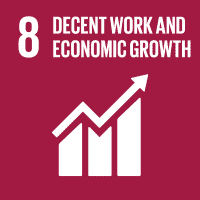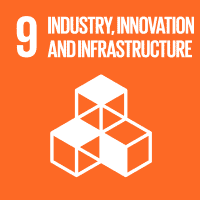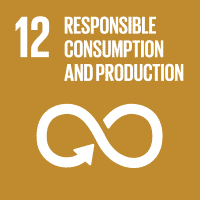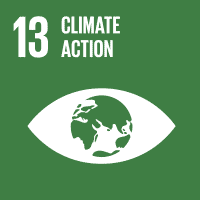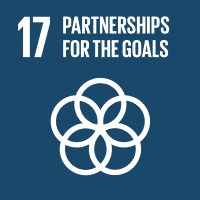The start-up initiative WIN NRW.Africa is part of the NRW-Africa programmes of the Ministry of Economic Affairs, Industry, Climate Action and Energy of the German state of North Rhine-Westphalia. The Deutsche Gesellschaft für InternationaIe Zusammenarbeit (GIZ) GmbH is implementing it together with the Delegation of German Industry and Commerce in Nigeria (AHK), and has brought numerous German and Nigerian firms, start-up centres and organisations on board such as the Senior Expert Service. Job shadowing opportunities in each country are embedded in detailed preparation and follow-up activities.
Driving innovation together: Start-ups in NRW and Nigeria
North Rhine-Westphalia promotes exchange between young entrepreneurs from Nigeria and NRW.
Table football? Kabir Olaosebikan and Princess Echefu are heavily involved in the start-up scene in Nigeria (in Western Africa), but they’ve never heard of the game that’s regarded as a symbol of the German start-up scene. They stare at the table in Bonn’s Digital Hub with amusement, and briefly try turning the rows of plastic figures. Then they prepare for their pitch to start-ups from North Rhine-Westphalia later that evening. After all, that’s why they’ve come to Germany – to learn from one another, to engage in networking, and to lay the foundations for business.
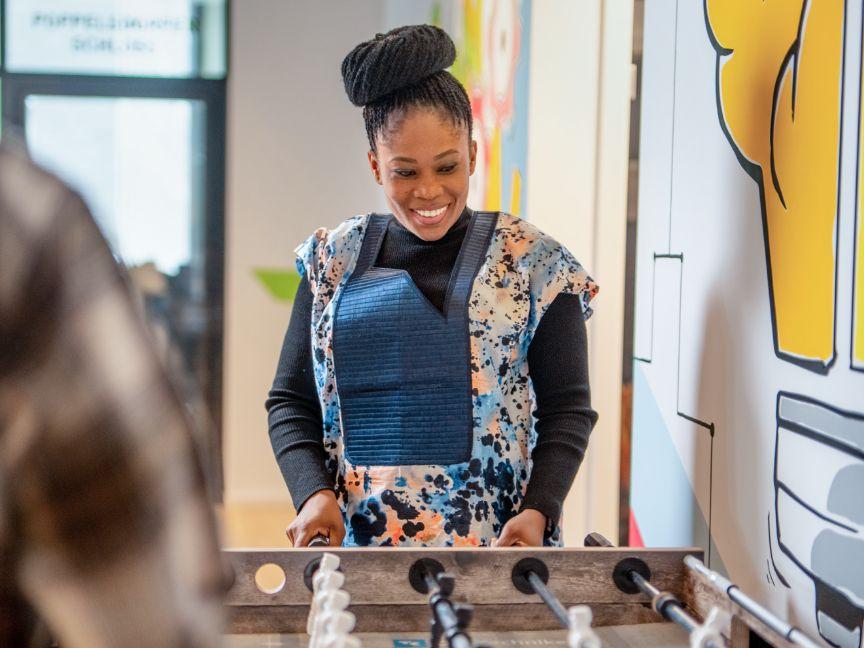 Deniss Kacs
Deniss Kacs
Olaosebikan and Echefu belong to a group of ten young Nigerian entrepreneurs who are spending eight weeks in North Rhine-Westphalia this spring. Afterwards a group of North Rhine-Westphalian entrepreneurs will visit Nigeria. The circular economy and the hydrogen economy, the health/medical sector, digital solutions for agriculture, fintechs and placing skilled workers in jobs – the start-ups from Nigeria and NRW pursue different business ideas. But what they have in common is perceiving potential for their companies in the other country.
For this reason they have applied to the grant programme ‘WIN NRW.Africa’, which aims to pave the way for start-ups from both countries to access new markets. This is intended to strengthen the economic relations between NRW and Nigeria in the long term. Nigeria, with its largest city Lagos, has developed into a key country for innovation in Africa.
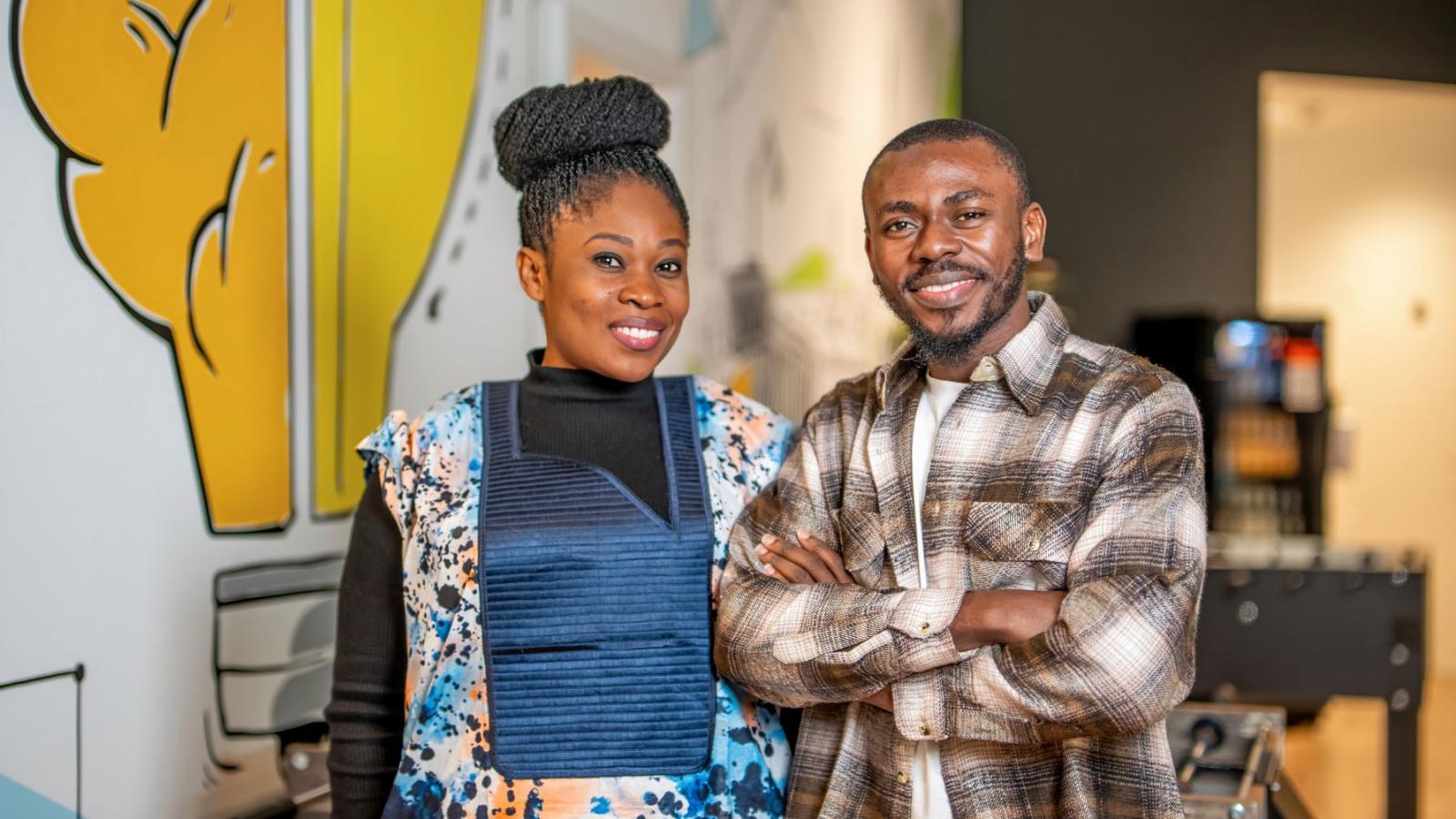 Deniss Kacs
Deniss Kacs
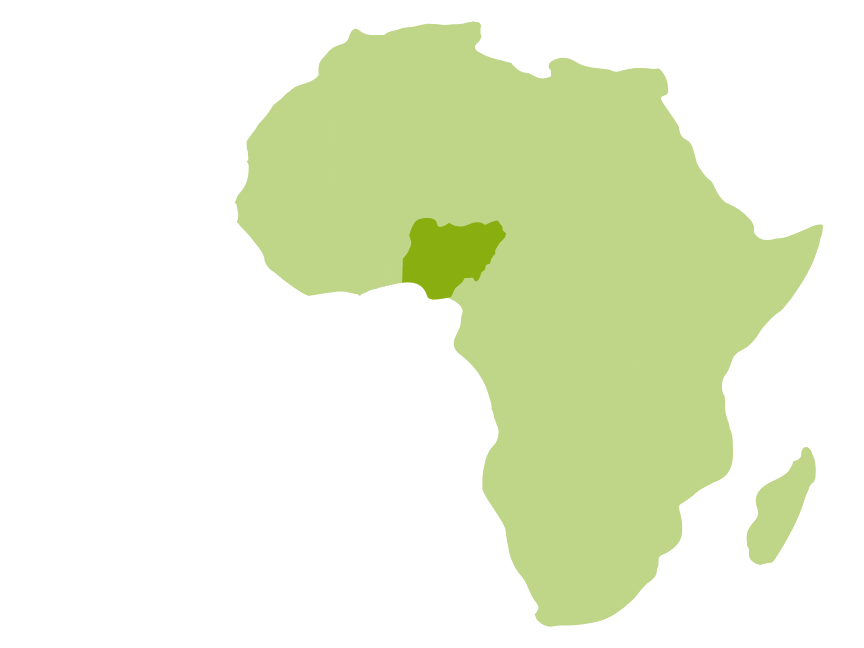
Africa, a market for the future
Our neighbouring continent is an attractive and competitive market in both geostrategic and economic terms. Since 2010 North Rhine-Westphalia has been running the Deutsch-Afrikanisches Wirtschaftsforum NRW (German-African Business Forum NRW) to encourage cooperation with Africa. In addition to Nigeria, North Rhine-Westphalia fosters cooperation between small and medium-sized enterprises from NRW and Ghana. The programmes are financed by the North Rhine-Westphalian Ministry of Economic Affairs, Industry, Climate Action and Energy.
WIN NRW.Africa is a good match for this approach. The young Nigerian entrepreneurs therefore also presented their business models at the business forum in Dortmund in March 2024, which got the exchange programme off to a strong start. The attention that this attracted impressed the African start-up founders. At the later meeting with State Secretary Paul Höller, they felt they were understood: ‘He sees Africa as a market for the future,’ says Princess Echefu.
A Nigerian who champions German technology
Echefu is Managing Director of a Nigerian firm that supports the renovation of plants in the energy sector. ‘We record data with the aid of 3D laser scanners – something that the Germans do very well.’ She already uses a device from Germany and sees a lot of potential for German companies: ‘Africa has the market, Africa has the population, Africa is the future.’
As an engineer she’s had her eyes on German technology for a long time. In her student days, as a member of the National Society of Black Engineers she wanted to take part in an exchange programme between her university and Germany. She learned German, but then had to withdraw for personal reasons. So she is all the more pleased to be participating now in WIN NRW.Africa. ‘It just had to happen!’
For her, most fascinating of all are visits to manufacturing firms in NRW, such as a large transport vehicle production plant in Düsseldorf and a machinery factory in Kreuztal near Siegen. ‘I’m impressed by the technology I see here,’ Echefu says, simultaneously remarking that in discussions the German partners are often rather reserved. ‘It would be good if the Germans opened up and pushed their technology a bit more. That would be good for the economy and for people.’ This outgoing engineer is set on advancing German-Nigerian corporate cooperation schemes.
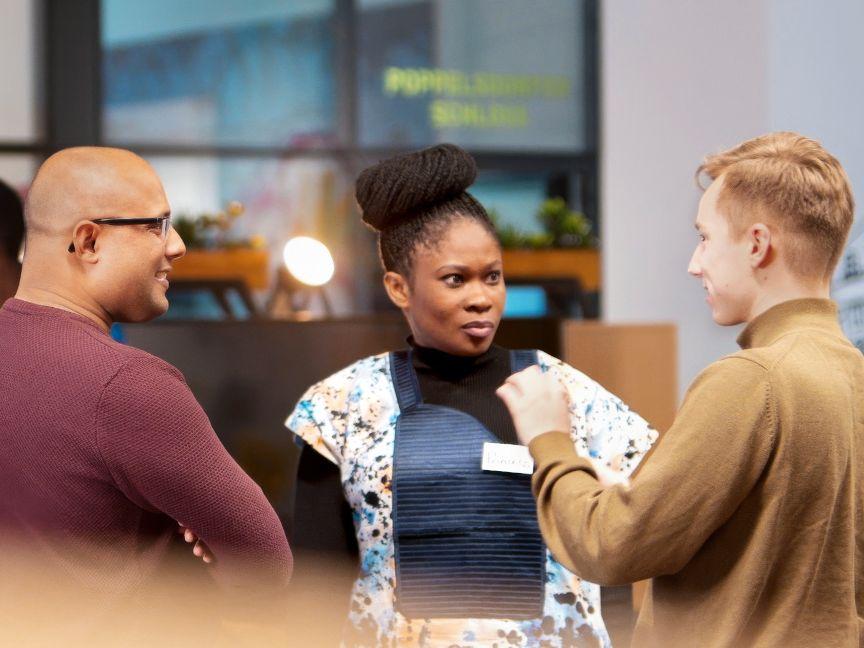 Deniss Kacs
Deniss Kacs
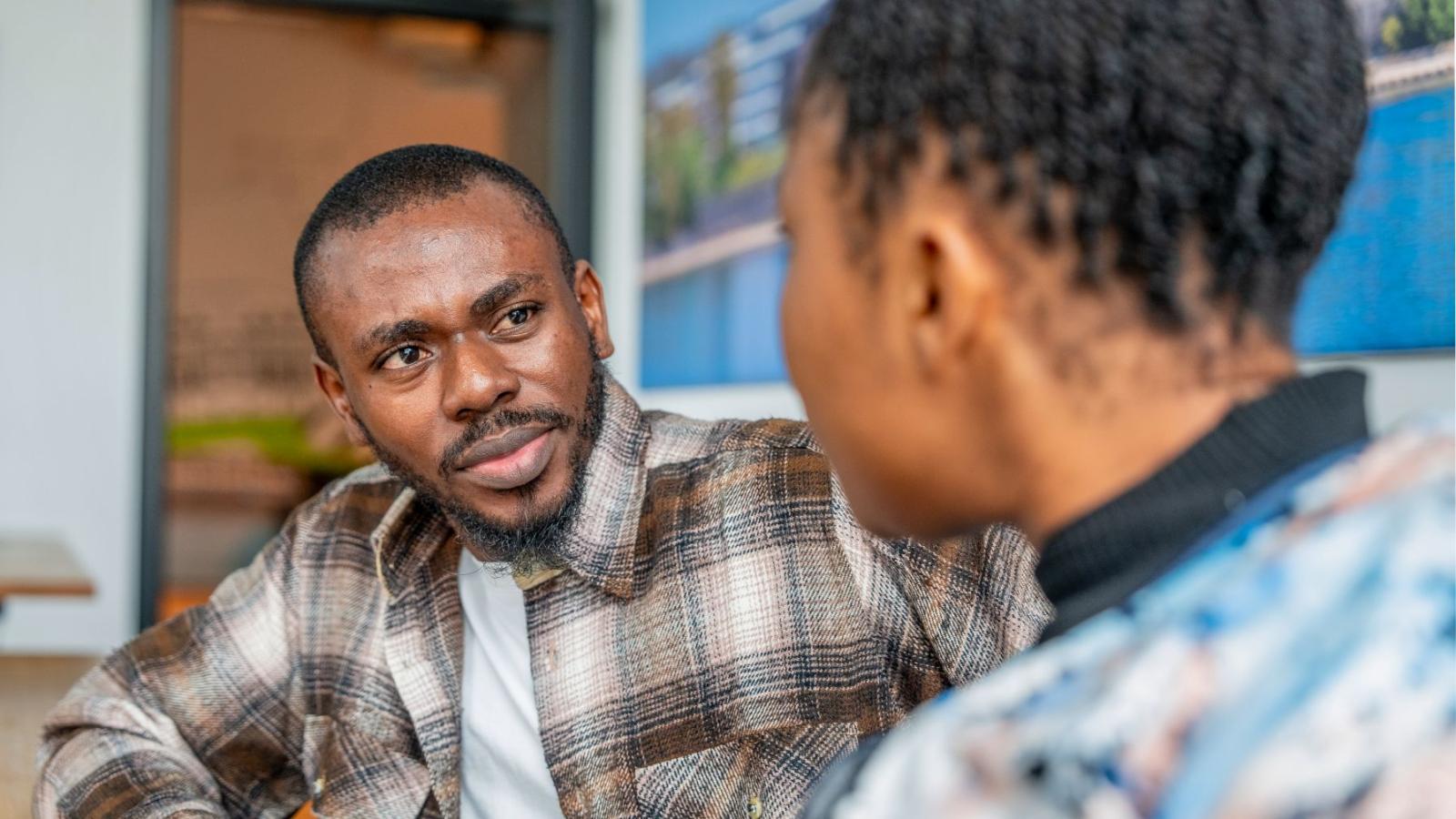 Deniss Kacs
Deniss Kacs
Contacts on the topic of circular economy
‘This exchange is an eye-opener and a door opener,’ Kabir Olaosebikan concludes. He has forged important contacts in NRW, for example with the Circular Valley initiative. It aims to turn the metropolitan Rhine-Ruhr region into a global centre for the circular economy. Olaosebikan’s company also focuses on the circular economy.
Since his youth he has been concerned with plastic waste, which is an urgent problem (also) in Nigeria. He founded the firm Craft Planet in 2016, after studying architecture and graduating in environmental sciences. Its central aim is to recycle plastic waste to make construction materials – for affordable homes.
In addition, Olaosebikan wants his firm to lift waste pickers out of the informal economy and create reliable sources of income, especially for women. Educational programmes for young people is another area where his firm is active. The entrepreneur is pinning great hopes on linking up with Circular Valley and other German experts from the circular economy, and every day he shares his findings from Germany with his team in Nigeria. ‘My new knowledge is causing ripples.’
Evening has come at the Digital Hub in Bonn. The daytime visitors in the coworking spaces have left, and some of the German grant recipients are in the lounge, meeting the Nigerian guests. After the pitches of business ideas from Nigeria, the attendees strike up relaxed conversations which turn to the upcoming visit to the megacity Lagos. ‘They’re not coming as tourists, but to see how their companies can also flourish in our country,’ says Princess Echefu. ‘We’ll show them the market they would otherwise miss. And how beautiful Nigeria is.’
